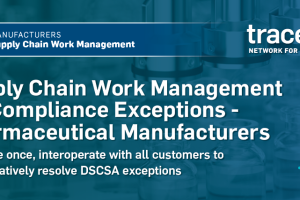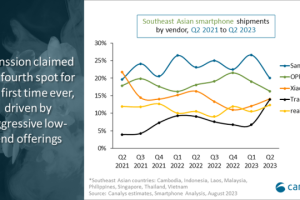Artificial Intelligence is slowly and steadily taking over the technical aspect of various domains, and health technology is also getting impacted big time. It is no more a technology that healthcare professionals dream about one day impacting the industry and how patient care is delivered. It is here and it’s changing the lives of both patients and medical professionals.
Natural language processing and robotic process automation are the most common uses of AI in healthcare today. AI is being used in a more basic form to pinpoint certain data in a sea of data, such as MedCPU, or automate repetitive administrative tasks, such as Blue Prism. According to a survey conducted by the Center for Connected Medicine and the University of Pittsburgh Medical Center in Pennsylvania, some are already using AI for clinical decision support, population health, disease management, readmissions and claims processing. Apart from these, it has also started providing value in areas such as cancer diagnostics, pathology, and image recognition.
Making practical inroads in 2018, AI would be adopted in some form or the other by around half of leading healthcare systems by the end of next year.




























